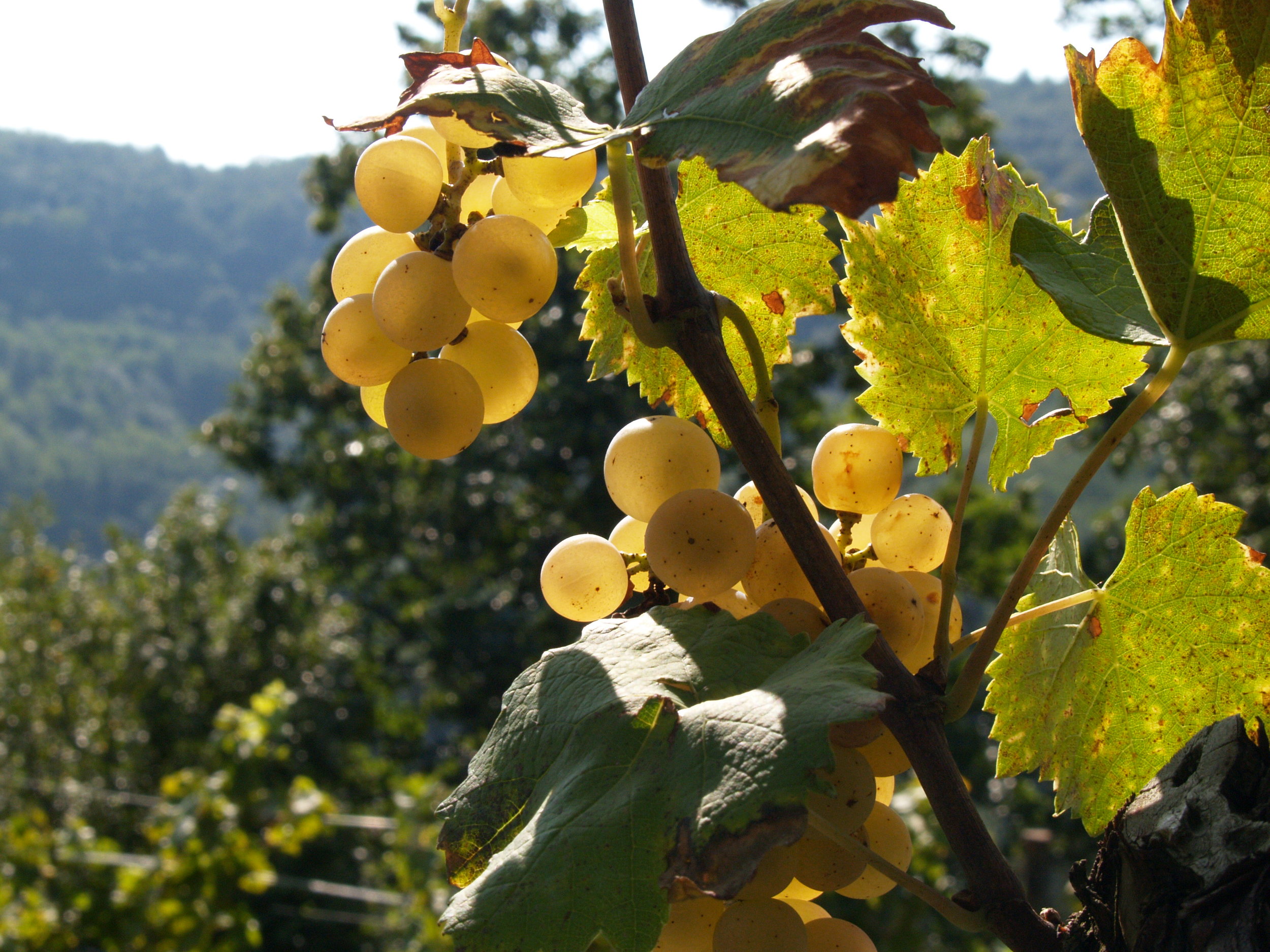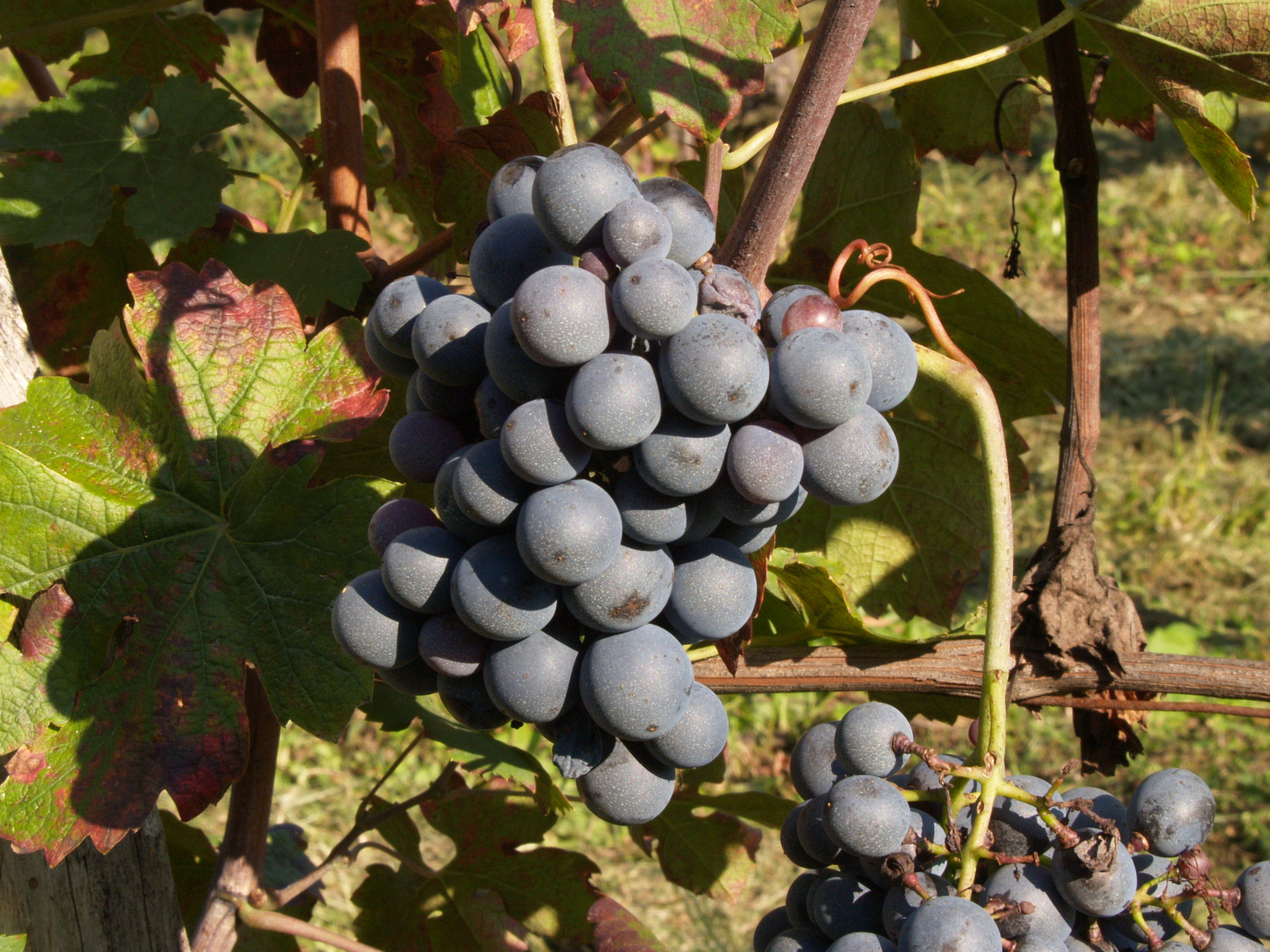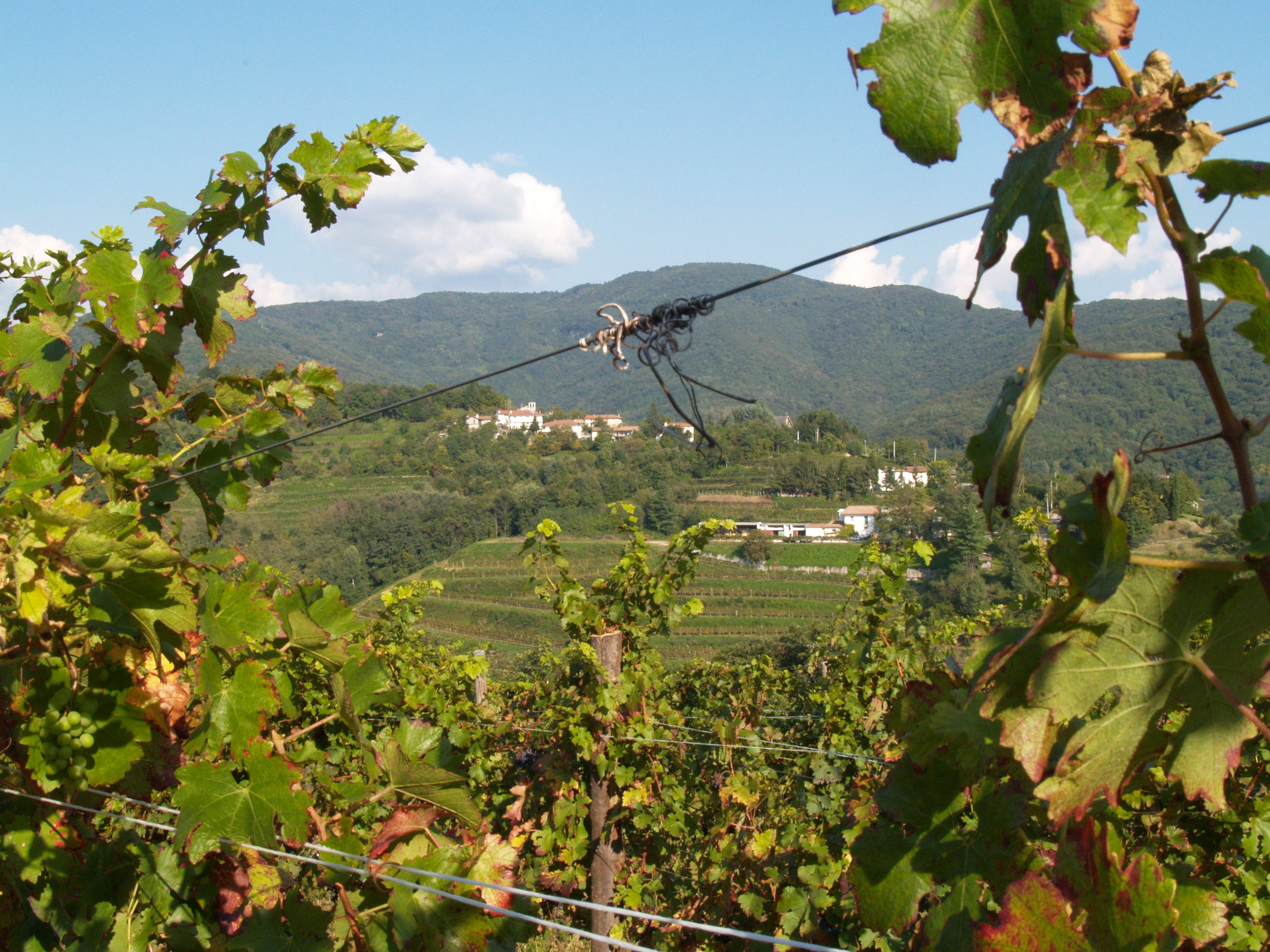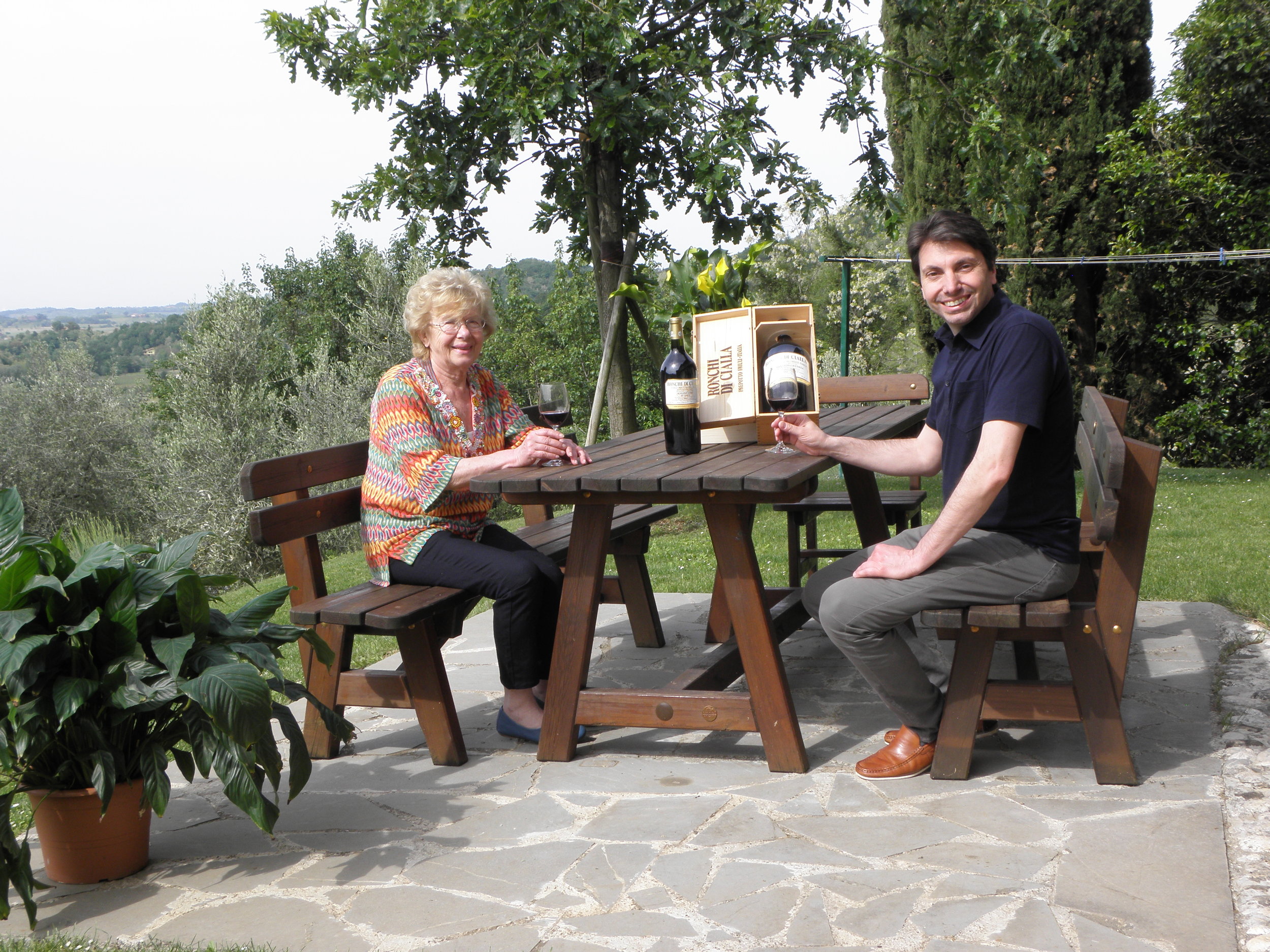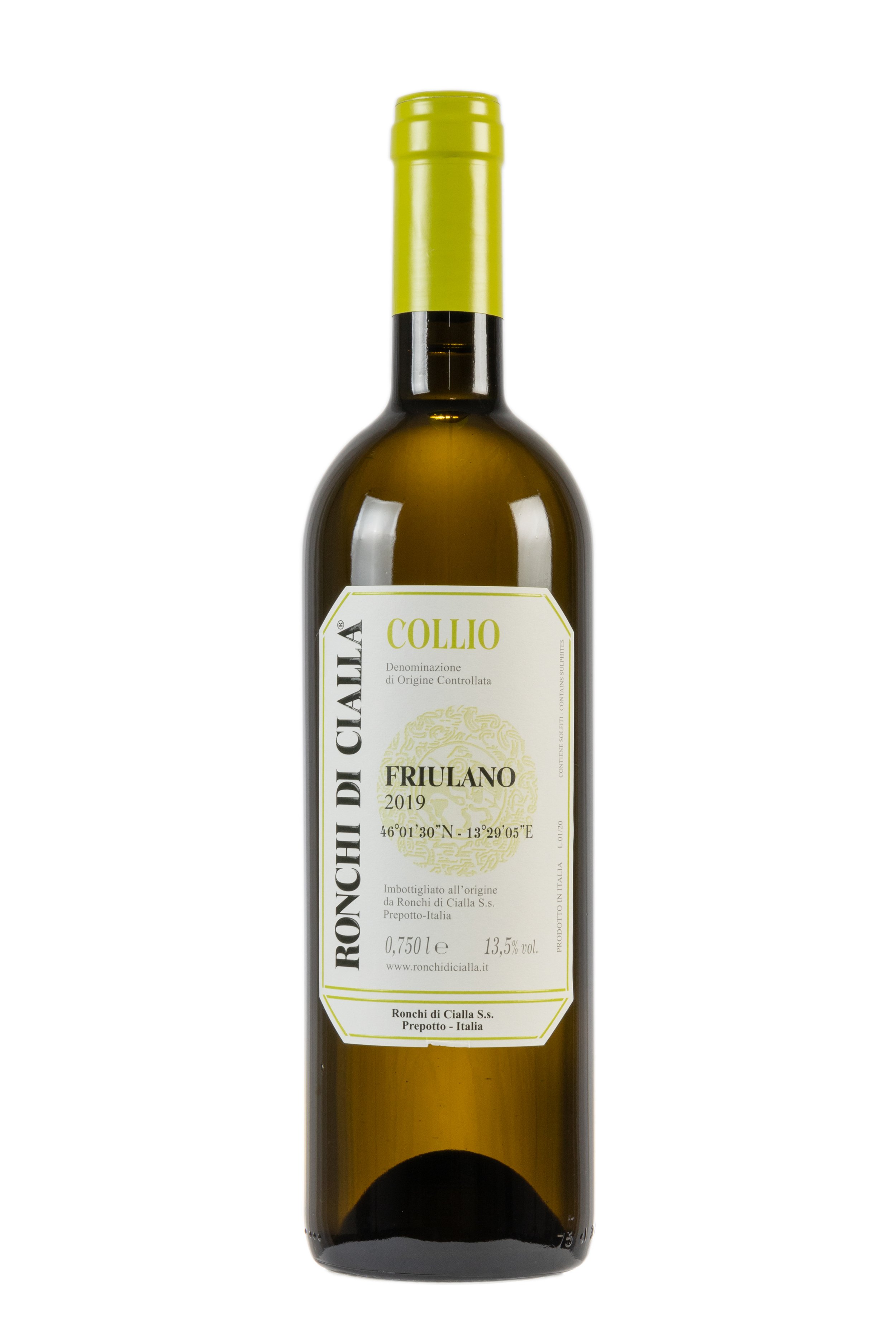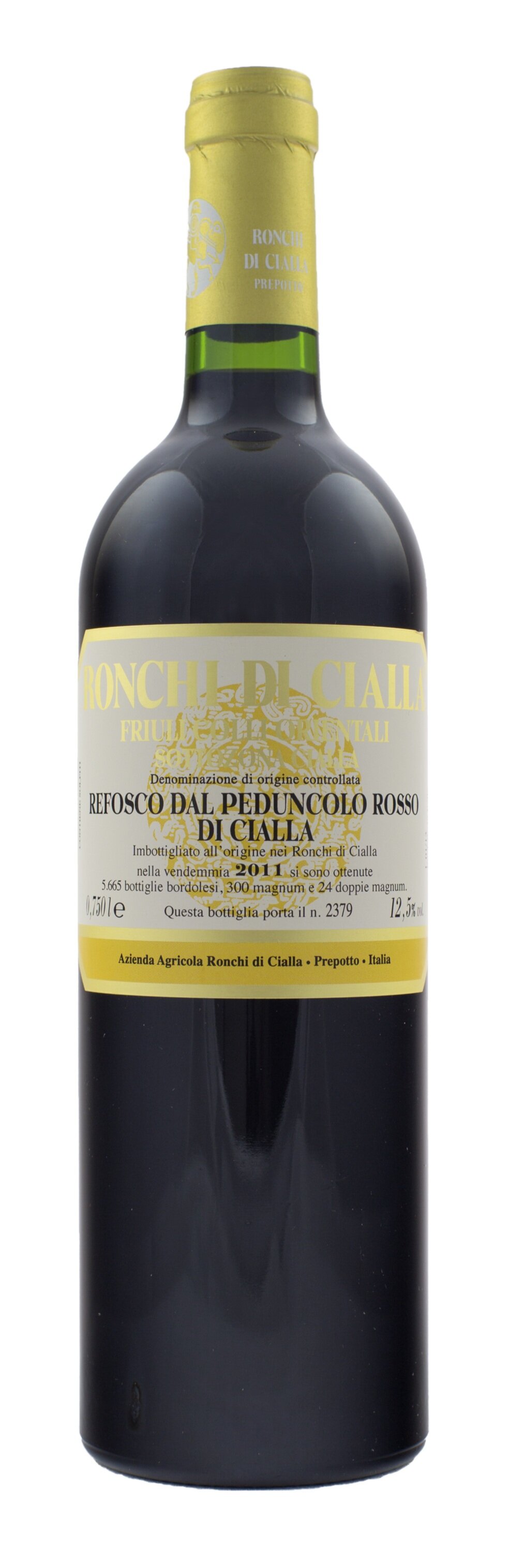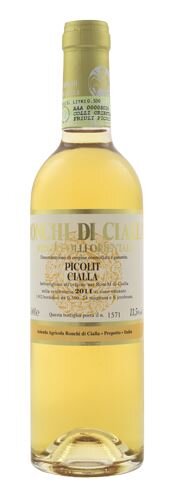Ronchi di Cialla, meaning “hills of Cialla”, is located in a small valley surrounded by chestnut, oak and wild cherry woods in the DOC Friuli Colli Orientali Its story begins in 1970 when Paolo and Dina Rapuzzi bought a property here for the purpose of growing local grape varieties. At the time, they were making their living selling Olivetti typewriters, but they found a property for sale near the border with Yugoslavia, abandoned since the Iron Curtain had fallen twenty-five years earlier. Paolo was attracted to its possibilities because it had olive trees growing on it, which suggested an unusually warm, mild climate this far north. The area’s unique climate characteristics are enshrined in the designation Friuli Colli Orientali DOC - Sottozona Cialla, which specifies, among other things, permitted farming practices as well as the maximum percentage of total surface that can be planted to vines.
By the 1960s, French vines such Merlot, Sauvignon Blanc, and Pinot Grigio, which had been introduced during the Napoleonic wars, had become the mainstay of Friulian viticulture, but Paolo and Dina wanted to concentrate on local grapes exclusively. Their research suggested that Verduzzo, Picolit, Ribolla Gialla, Refosco dal Peduncolo Rosso and Schioppettino had traditionally been the most appreciated and popular vines. Schioppettino in particular was an interesting case: the only traces were in ancient manuscripts and in the memory of the elders, and it was officially considered extinct. Paolo and Dina Rapuzzi managed to find about 70 surviving vines in the valley and nearby, which enabled them to propagate a whole new vineyard and resuscitate Schioppettino from the brink of extinction. From the very first test of the new wines, it was evident that Schioppettino would age perfectly and could match the best international grapes with its elegance, complexity and finesse.
It turns out to be illegal to cultivate extinct and thereby unapproved grape varieties in Italy, so, having single-handedly rescued Schioppettino from near-extinction, their next obstacle was to convince the authorities that they should be allowed to plant it! In 1976, Paolo and Dina won the esteemed Risit D’Aur award for their work in preserving this ancient variety.
Ronchi di Cialla is certified as biodiversity friendly by the World Biodiversity Association, and they remain committed to using natural practices with minimal interference, having been one of the first winemakers to adopt integrated agriculture with low environmental impact. Today the winery is run by sons Pierpaolo and Ivan, who are also active entomologists with regular publications in Europe’s scientific journals. The estate produces approximately 115,000 bottles a year and offers library vintages extending back to the 1980s. The wines age exceptionally well--reds, dry whites, and of course the incomparable sweet wines--and the older bottles are highly sought after by knowledgeable collectors and fine restaurants alike!

